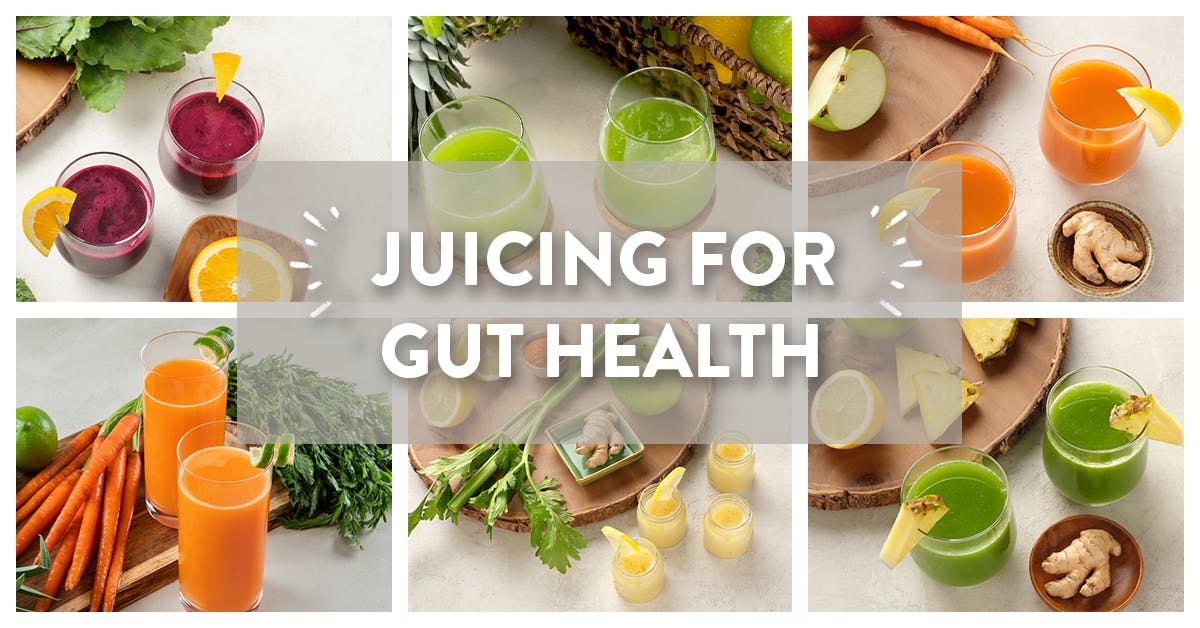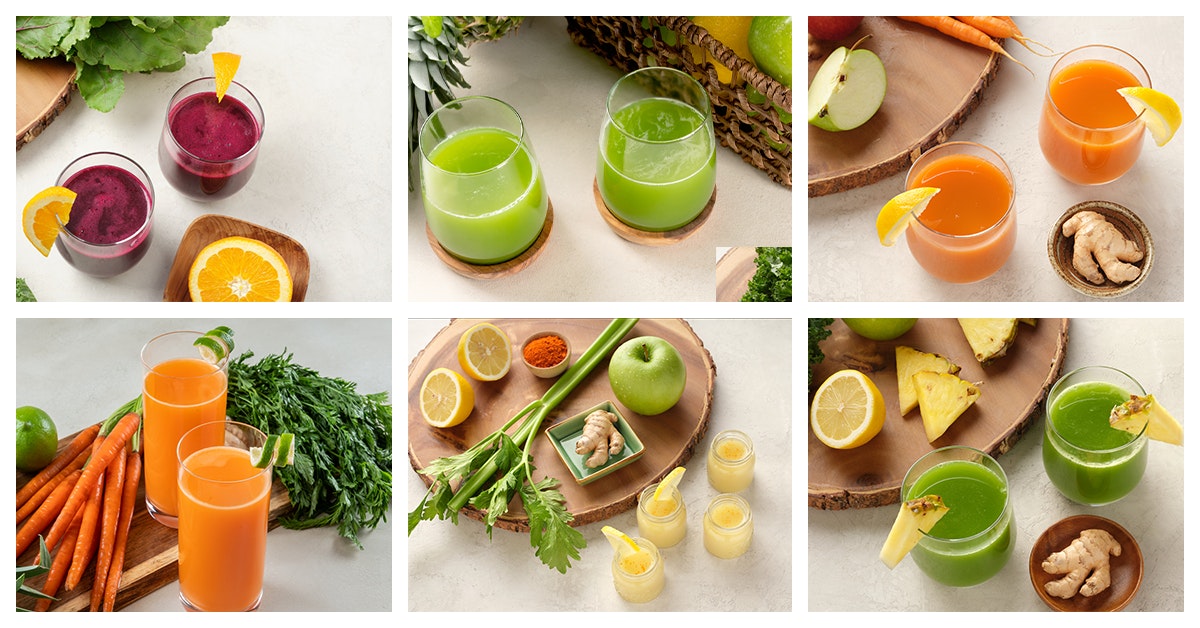- Aloe vera juice: Aloe vera has anti-inflammatory properties and can help soothe and heal the gut lining.
- Ginger juice: Ginger is a natural anti-inflammatory and can help reduce inflammation in the gut.
- Apple juice: Apples contain pectin, a type of fiber that can help promote good gut bacteria.
- Lemon juice: Lemon juice is high in vitamin C and can help stimulate the production of digestive juices in the stomach.
- Beet juice: Beets are rich in nitrates, which can help improve blood flow to the gut and promote healthy digestion.
- Carrot juice: Carrots are high in fiber and can help promote good gut bacteria.
- Cranberry juice: Cranberries contain condensed tannins, which can help prevent harmful bacteria from sticking to the gut lining.
Juicing Ingredients That Are Anti-Inflammatory
Proanthocyanidins are natural compounds found in many plants, particularly in fruits, vegetables, and herbs, with abundant amounts in berries, grapes, cocoa, and green tea. They belong to the flavonoid family of polyphenols and possess antioxidant and anti-inflammatory properties. Betalains and other anti-inflammatory compounds are present in the following ingredients recommended for juicing for inflammation.
- Ginger juice: Ginger contains compounds called gingerols and shogaols that have anti-inflammatory effects.
- Cocoa: Cocoa has been found to have anti-inflammatory benefits due to the presence of flavonoids, including proanthocyanidins, which have been shown to reduce inflammation in the body.
- Turmeric juice: Turmeric contains a compound called curcumin, which has strong anti-inflammatory properties.
- Grapes: Grapes contain various phytonutrients, such as flavonoids, anthocyanins, and resveratrol, which have been shown to have anti-inflammatory effects in the body.
- Tart cherry juice: Tart cherries contain anthocyanins, which have been shown to have anti-inflammatory effects.
- Pineapple juice: Pineapple contains an enzyme called bromelain, which has been shown to have anti-inflammatory properties.
- Blueberry juice: Blueberries are rich in compounds called anthocyanins, which have been shown to have anti-inflammatory effects.
- Pomegranate juice: Pomegranates contain compounds called punicalagins, which have been shown to have anti-inflammatory properties.
- Beet juice: Beets contain betalains, which have been shown to have strong health-promoting potential and could be used as an anti-inflammatory.
- Tulsi (holy basil): Studies suggest tulsi may have an important role in addressing other inflammatory disorders and that the Ayurvedic tradition of consuming tulsi on a daily basis may be an effective lifestyle measure to address many modern chronic diseases.
- Ashwagandha: Ashwagandha contains compounds, including WA, that may help reduce inflammation in the body.
- Green Tea: Green tea made of the leaves and flowers of the Camellia sinensis plant, which are sources of the anti-inflammatory polyphenol EGCG, which may reduce inflammation and symptoms associated with IBDs and other inflammation-driven chronic conditions.
In a Nutshell
In conclusion, cold-press juicing is an excellent way to improve gut health and reduce inflammation. It's a simple and delicious way to get more fiber and nutrients into your diet.
Additionally, the recipes shared here show that juices can be prepared in a variety of ways, making it easy to customize flavors and health benefits to your own tastes.
Finally, cold-press juicing has been found to be a safe, natural, and effective way to improve gut health and reduce inflammation.
The information shared in this post is a combination of my personal experience, research, and knowledge as a certified holistic health coach, and is intended for educational purposes only. These statements have not been evaluated by the FDA and are not intended to diagnose, treat, cure, or prevent any disease or to be considered a substitute for professional medical advice.


Rate and Comment